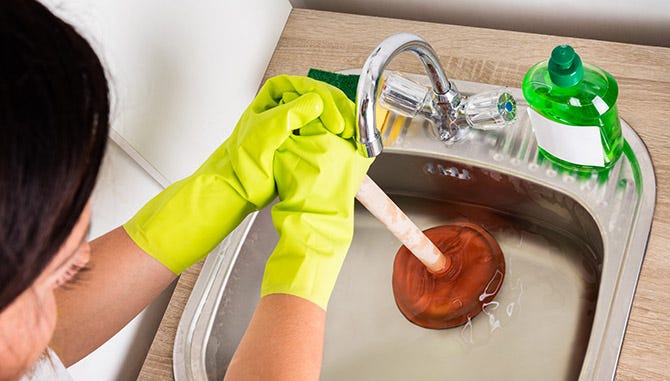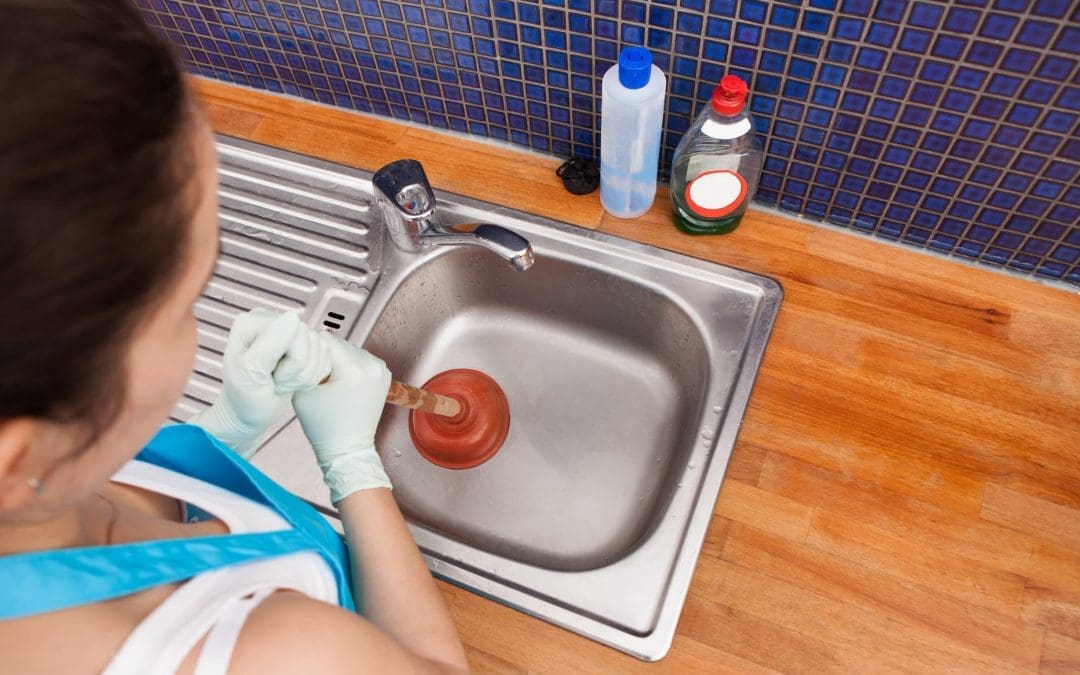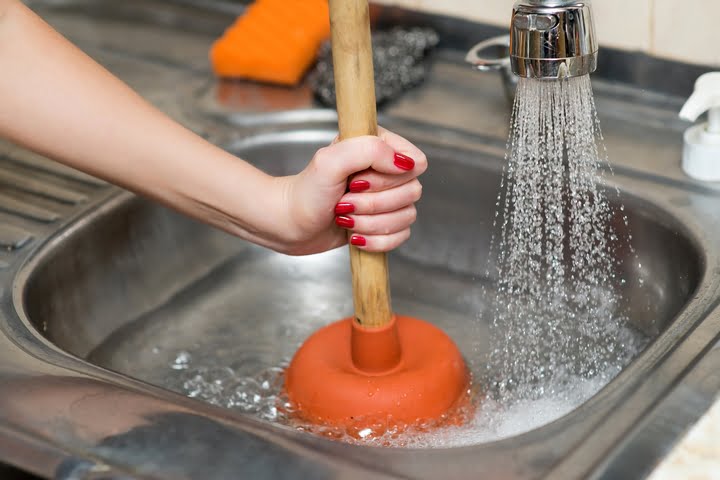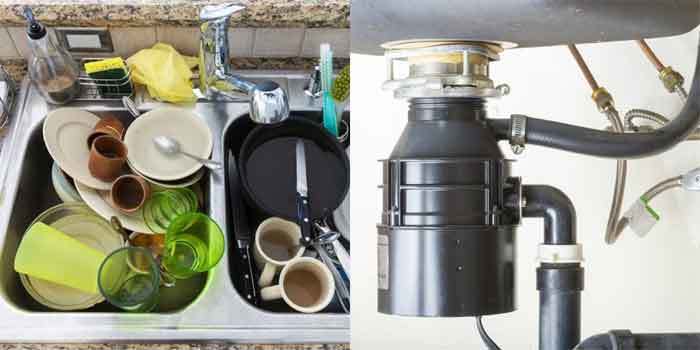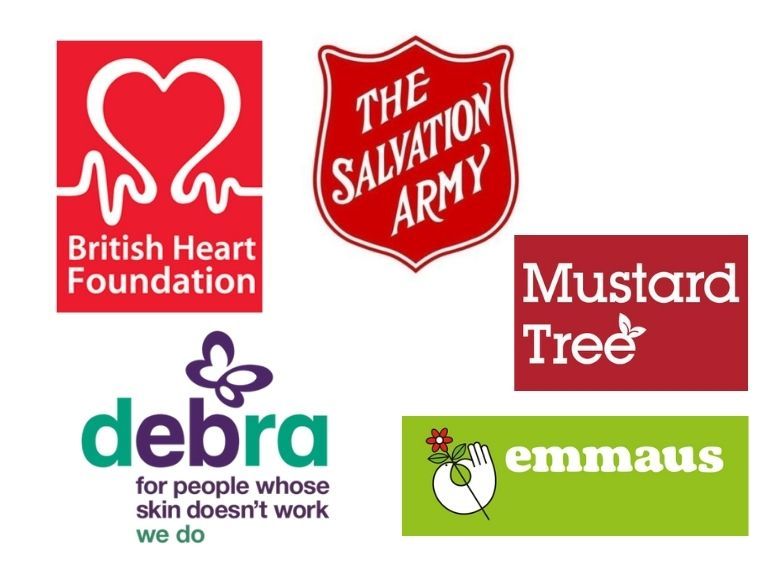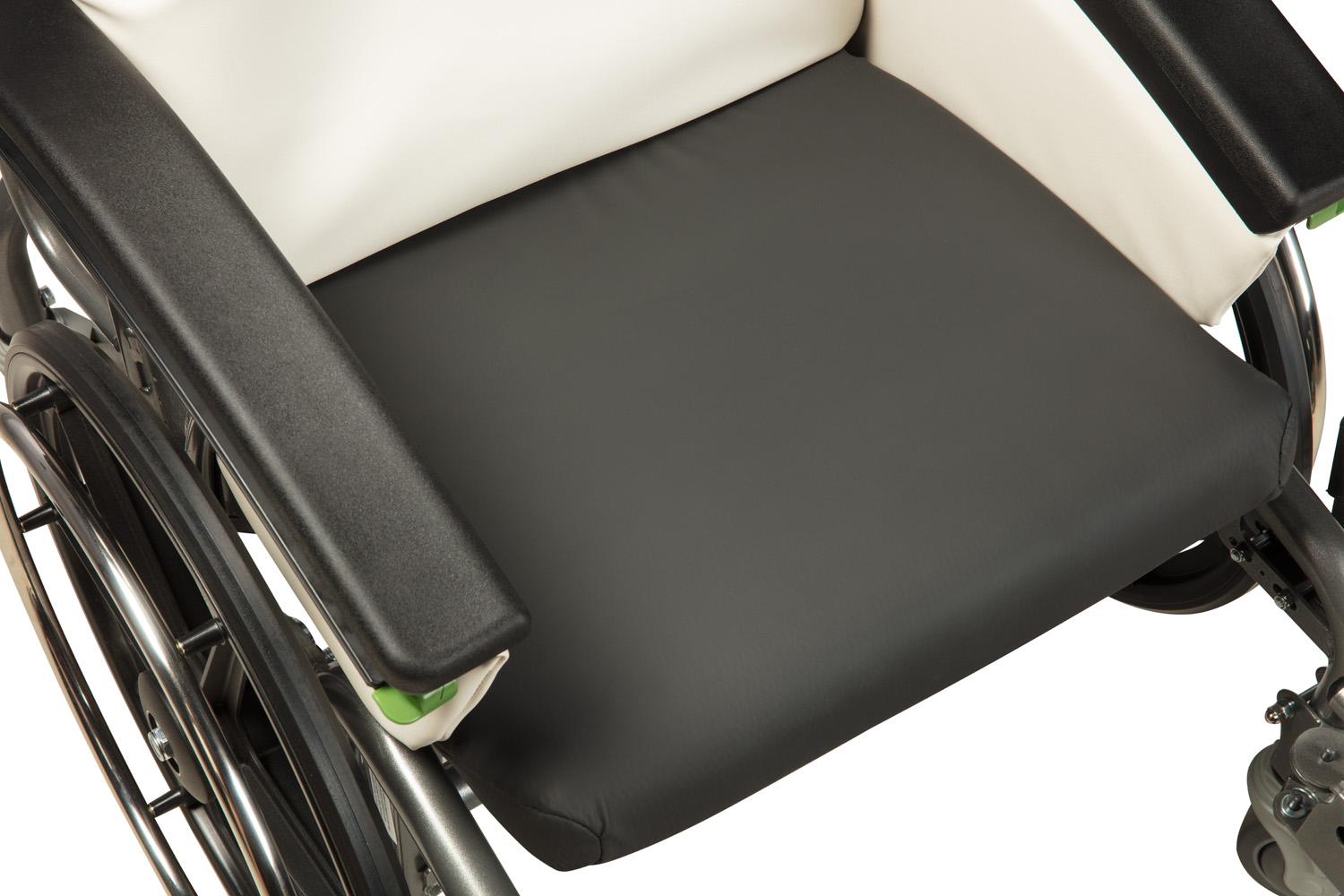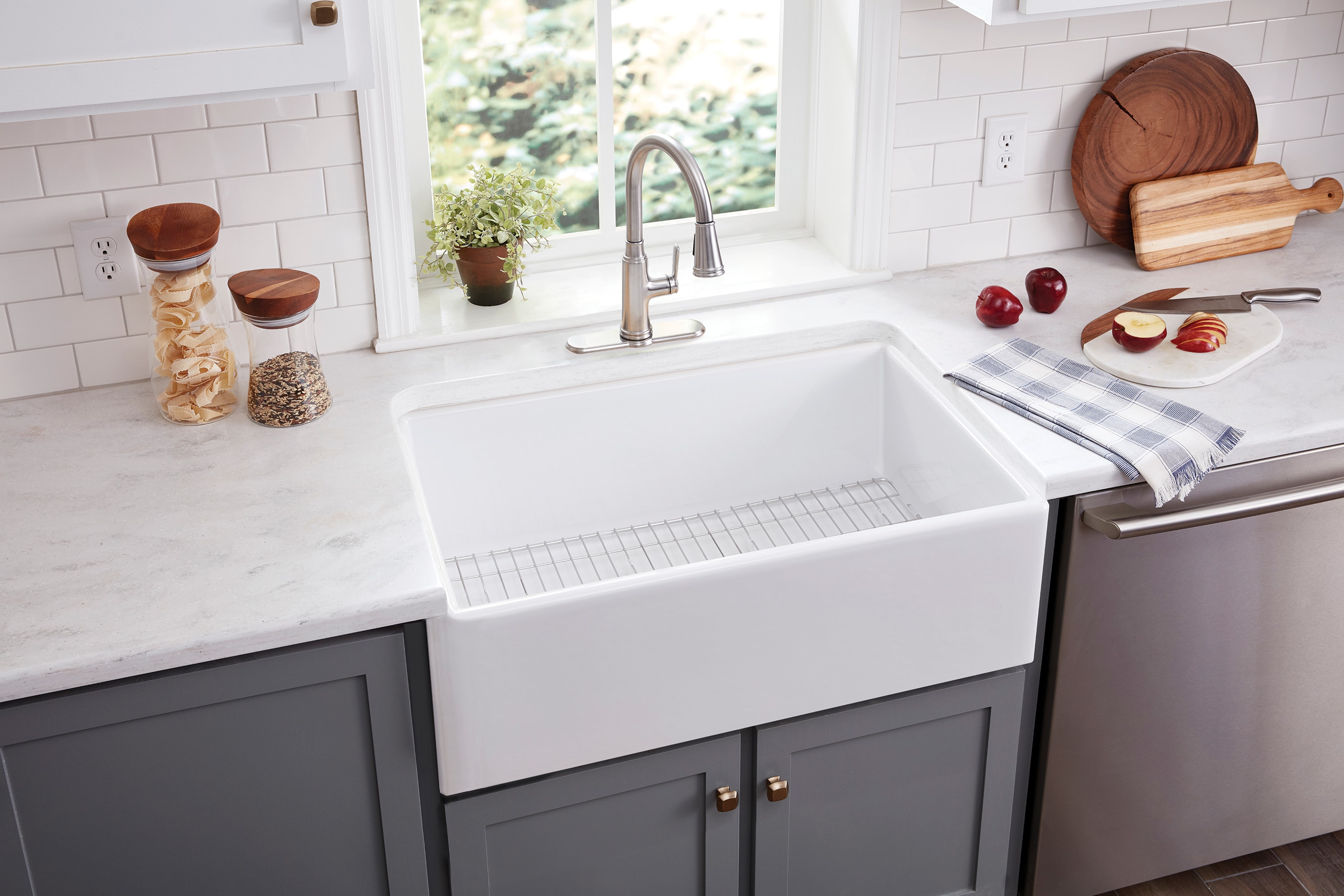If your kitchen sink disposal is clogged, it can be a major inconvenience. Not only does it prevent you from using your sink properly, but it can also create unpleasant odors and potentially lead to more serious plumbing issues. Fortunately, unclogging a kitchen sink disposal is not as difficult as it may seem. With a few simple steps, you can have your disposal running smoothly again in no time.Unclogging a Kitchen Sink Disposal
One of the most common causes of a clogged kitchen sink disposal is food particles and debris getting stuck in the blades. To fix this issue, start by turning off the power to the disposal at the main circuit breaker. Then, use a pair of tongs or pliers to reach into the disposal and remove any visible debris. You can also try using a plunger to gently dislodge any stubborn clogs. Once the debris is cleared, turn the power back on and test the disposal to see if it is working properly.How to Fix a Clogged Garbage Disposal
If the clog is not caused by food particles, there are a few DIY solutions you can try. One popular method is to pour a cup of baking soda down the drain, followed by a cup of vinegar. Let the mixture sit for a few minutes before pouring hot water down the drain to flush out the clog. You can also try using a combination of salt and hot water to dissolve the clog. Just be sure to use caution when handling hot water to avoid burns.DIY Solutions for a Clogged Kitchen Sink
If the clog is still not cleared, it may be located further down in the pipes. In this case, you can try using a plumbing snake to break up the clog and push it through the pipes. If you do not have a plumbing snake, you can also try using a wire coat hanger bent into a hook shape to reach into the pipes and remove the clog. Just be sure to be gentle to avoid causing any damage to the pipes.Clearing a Clog in Your Kitchen Sink Disposal
If you are experiencing a particularly stubborn clog, you may need to use a specialized tool called a disposal wrench. This tool is designed specifically for unclogging kitchen sink disposals and can be found at most hardware stores. Simply insert the wrench into the hole at the bottom of the disposal and turn it back and forth to break up the clog.Easy Ways to Unclog a Garbage Disposal
To prevent future clogs in your kitchen sink disposal, there are a few simple tips you can follow. First, never pour grease or oil down the drain as it can solidify and create clogs. Additionally, be sure to run cold water while using the disposal to help flush away any debris. You can also try periodically grinding up ice cubes in the disposal to help keep the blades sharp and prevent clogs.Tips for Removing a Clog in Your Kitchen Sink
If you prefer to use natural ingredients to unclog your kitchen sink disposal, there are a few options you can try. One effective method is to mix together equal parts baking soda and salt, then pour it down the drain followed by hot water. You can also try using lemon or citrus peels to help freshen and clean the disposal while breaking up any clogs.Using Natural Ingredients to Unclog a Kitchen Sink Disposal
In addition to food particles and debris, there are a few other common causes of clogs in kitchen sink disposals. These include hard objects such as bones or fruit pits, as well as non-food items like utensils or plastic. To avoid these types of clogs, always be mindful of what you are putting down the disposal and avoid disposing of these items.Common Causes of Clogs in Kitchen Sink Disposals
The best way to deal with a clogged kitchen sink disposal is to prevent it from happening in the first place. This means being mindful of what you put down the disposal and regularly cleaning and maintaining it. Be sure to run hot water after using the disposal to help flush away any leftover debris, and consider using a disposal cleaner or freshener to keep it smelling fresh and functioning properly.Preventing Clogs in Your Kitchen Sink Disposal
If you have tried all of the DIY methods and the clog is still not cleared, it may be time to call a professional plumber. They will have the necessary tools and expertise to safely and effectively remove the clog without causing damage to your kitchen sink disposal or plumbing system. They can also provide tips and advice on how to prevent future clogs.Professional Solutions for a Clogged Kitchen Sink Disposal
The Importance of Properly Maintaining Your Kitchen Sink Disposal
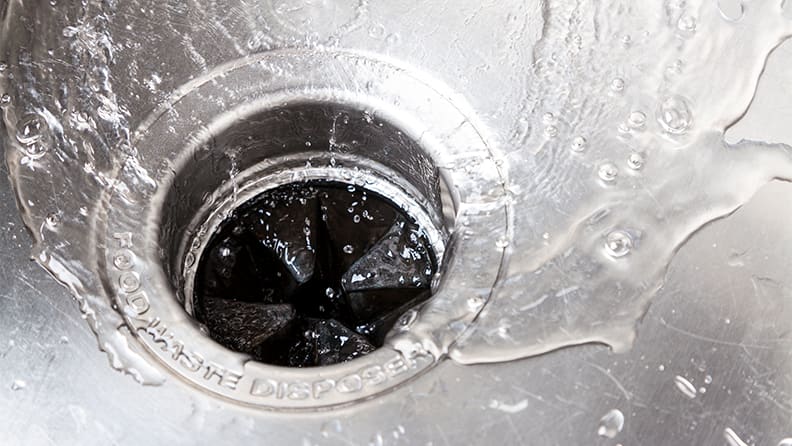
Prevent Clogs and Costly Repairs
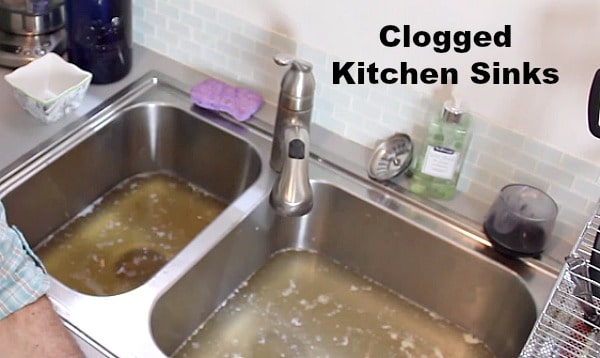 When it comes to your kitchen sink, the disposal is often the unsung hero. It's a convenient and efficient way to get rid of food scraps and other waste, but it's also one of the most overlooked appliances in the kitchen. Many homeowners don't give much thought to their disposal until it stops working or causes a clog in the sink. However, regular maintenance and upkeep can prevent these issues and save you from costly repairs in the long run.
Clogs in your kitchen sink disposal can be caused by a variety of factors, including:
When it comes to your kitchen sink, the disposal is often the unsung hero. It's a convenient and efficient way to get rid of food scraps and other waste, but it's also one of the most overlooked appliances in the kitchen. Many homeowners don't give much thought to their disposal until it stops working or causes a clog in the sink. However, regular maintenance and upkeep can prevent these issues and save you from costly repairs in the long run.
Clogs in your kitchen sink disposal can be caused by a variety of factors, including:
- Food scraps and debris
- Fats, oils, and grease
- Large or hard objects
- Improper use of the disposal
Simple Tips for Maintaining Your Kitchen Sink Disposal
 Regular cleaning and maintenance of your kitchen sink disposal can help prevent clogs and extend its lifespan.
Here are a few simple tips to keep your disposal running smoothly:
Regular cleaning and maintenance of your kitchen sink disposal can help prevent clogs and extend its lifespan.
Here are a few simple tips to keep your disposal running smoothly:
- Run cold water while using the disposal: This helps flush debris down the drain and prevents it from sticking to the blades.
- Avoid putting hard or fibrous materials down the disposal: This includes bones, fruit pits, and vegetable peels.
- Use a natural cleaner: Instead of harsh chemicals, try using a mixture of vinegar and baking soda to clean your disposal.
- Grind citrus peels: This can help eliminate odors and freshen up your disposal.
- Regularly check for leaks: If you notice any leaks, it's important to address them right away to prevent further damage.
Trust the Professionals for Quality Maintenance
 While there are simple steps you can take to maintain your kitchen sink disposal, sometimes it's best to leave it to the professionals.
Regular maintenance by a licensed plumber can ensure that your disposal is functioning properly and catch any potential issues before they become major problems.
They can also provide tips and recommendations specific to your disposal and plumbing system.
In conclusion, proper maintenance of your kitchen sink disposal is essential for preventing clogs and costly repairs. By following these tips and enlisting the help of a professional, you can keep your disposal running smoothly and efficiently for years to come. Don't overlook this important appliance in your kitchen and make sure to give it the care and attention it deserves.
While there are simple steps you can take to maintain your kitchen sink disposal, sometimes it's best to leave it to the professionals.
Regular maintenance by a licensed plumber can ensure that your disposal is functioning properly and catch any potential issues before they become major problems.
They can also provide tips and recommendations specific to your disposal and plumbing system.
In conclusion, proper maintenance of your kitchen sink disposal is essential for preventing clogs and costly repairs. By following these tips and enlisting the help of a professional, you can keep your disposal running smoothly and efficiently for years to come. Don't overlook this important appliance in your kitchen and make sure to give it the care and attention it deserves.




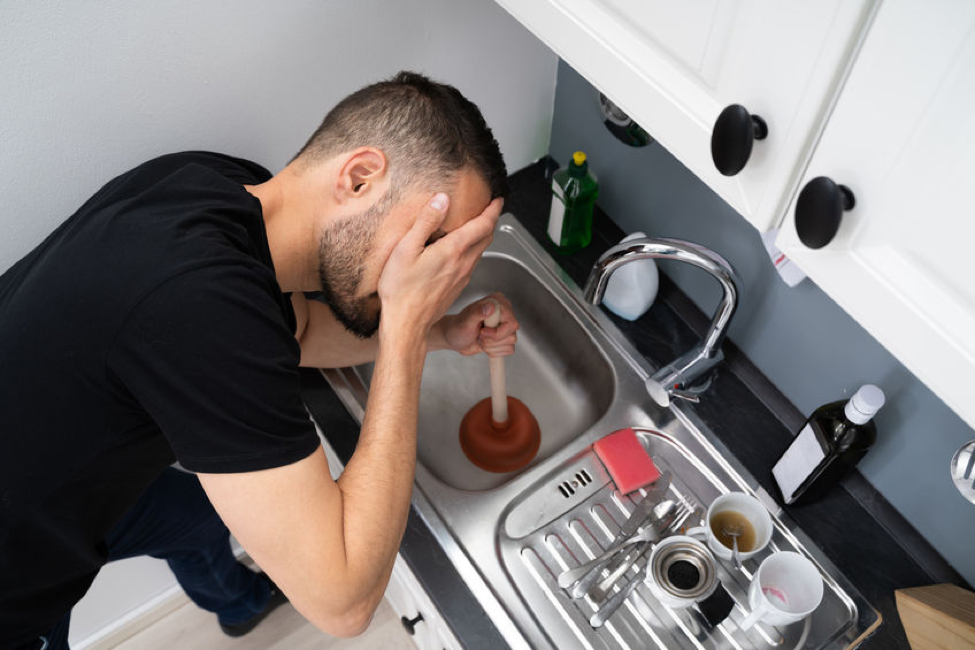

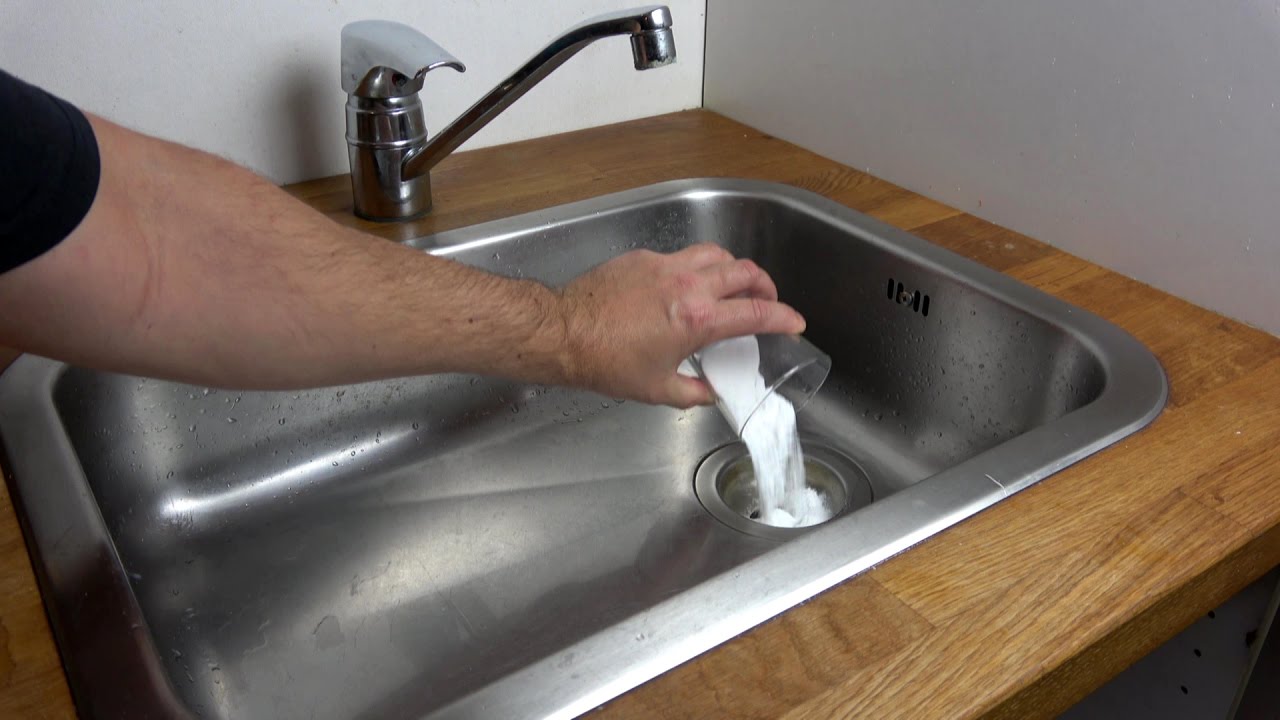



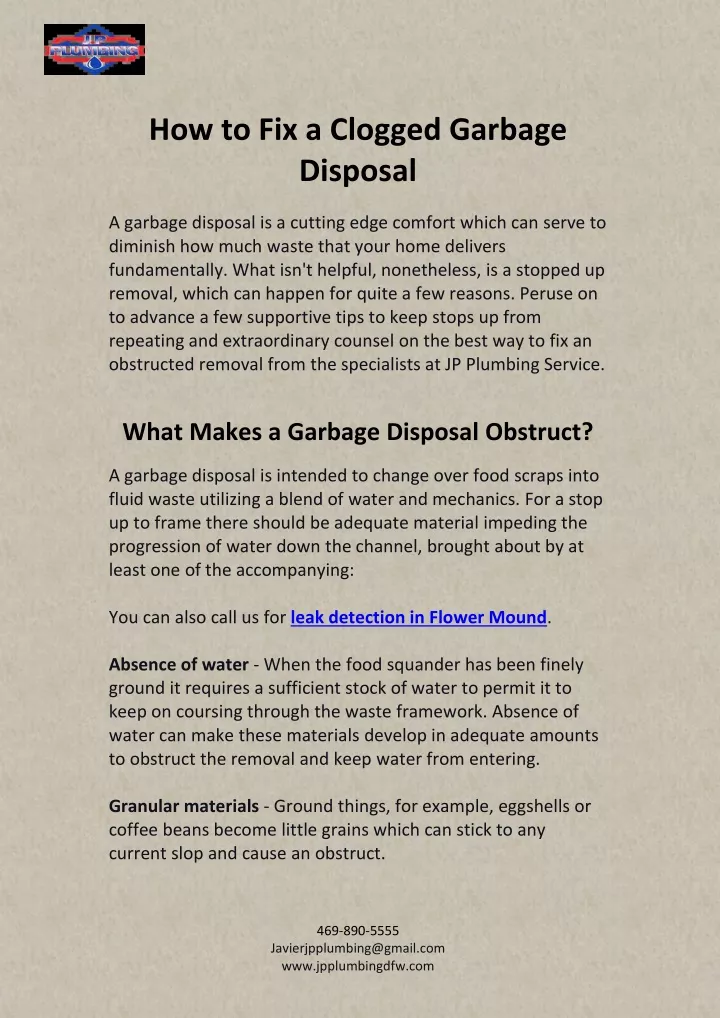






:max_bytes(150000):strip_icc()/Repair-a-Clogged-Garbage-Disposal-1824884-hero-cda06d4e6955472bbab06ed123bc5b99.jpg)



:max_bytes(150000):strip_icc()/Repair-a-Clogged-Garbage-Disposal-1824884-01-e4337b62e8794cc3a30c1e70ac944d4f.jpg)


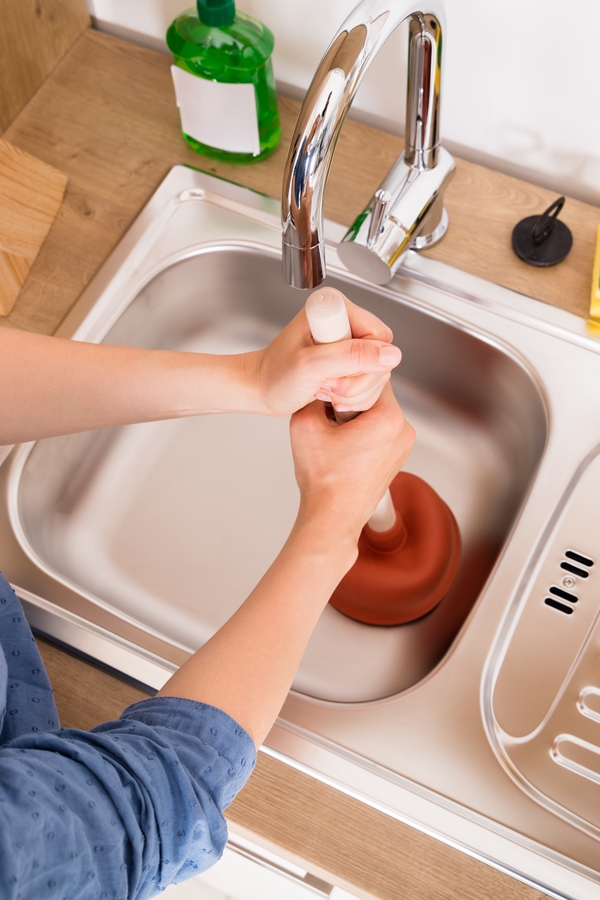
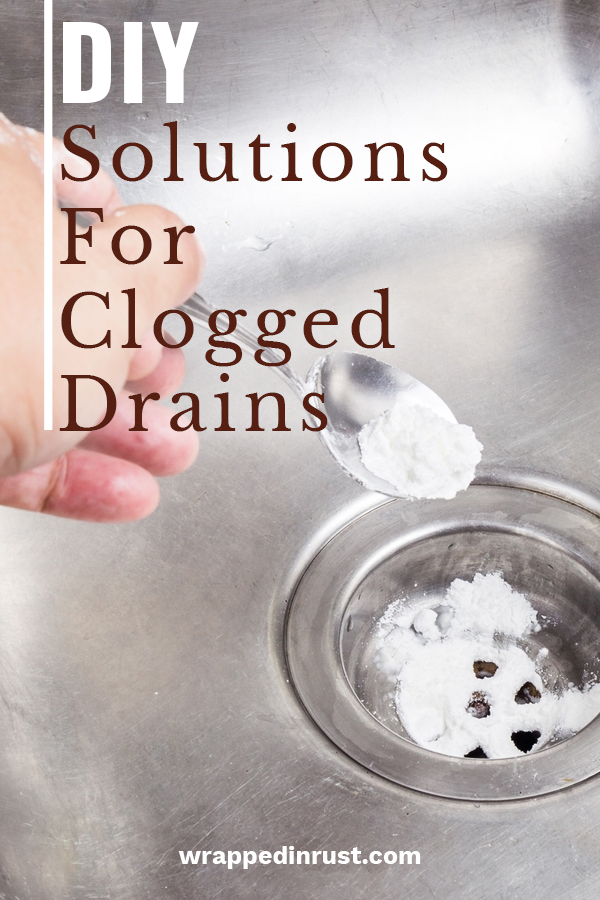


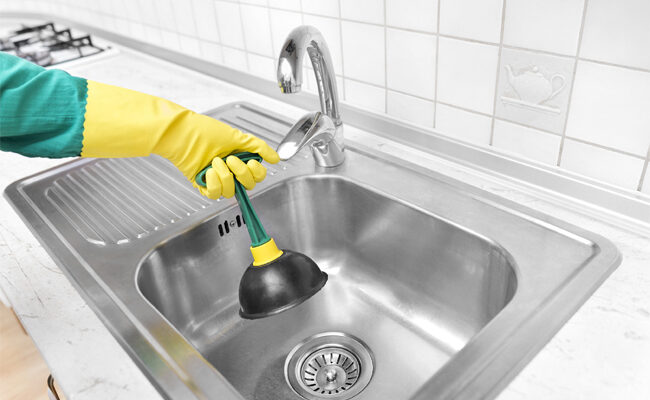











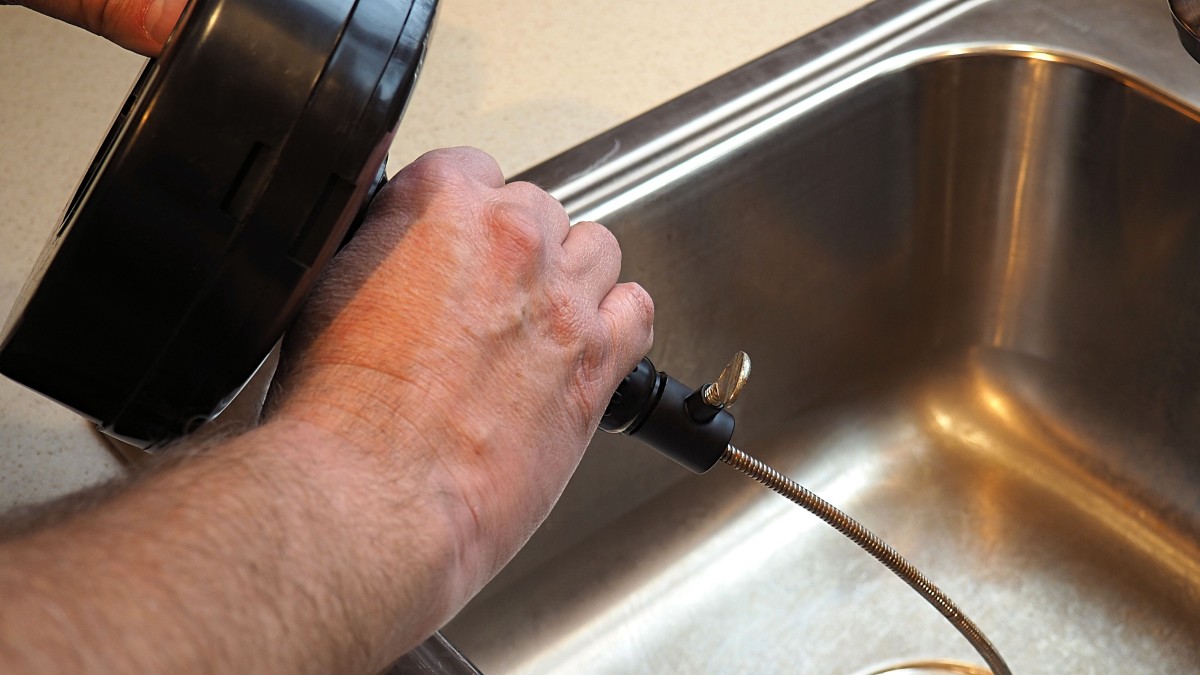
/how-to-install-a-sink-drain-2718789-hero-24e898006ed94c9593a2a268b57989a3.jpg)







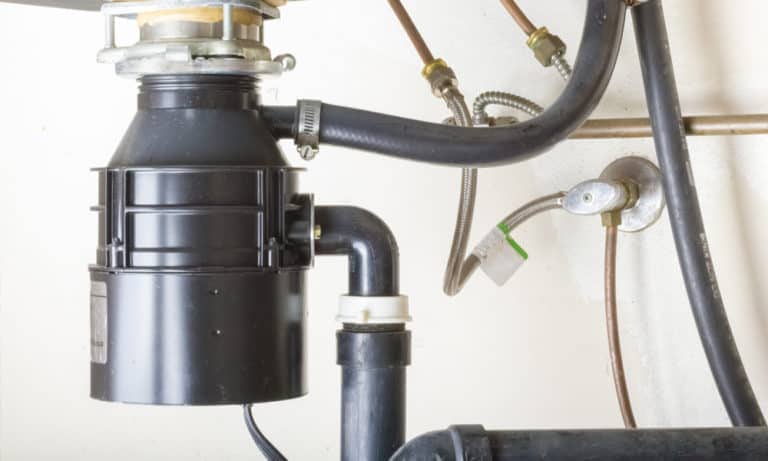



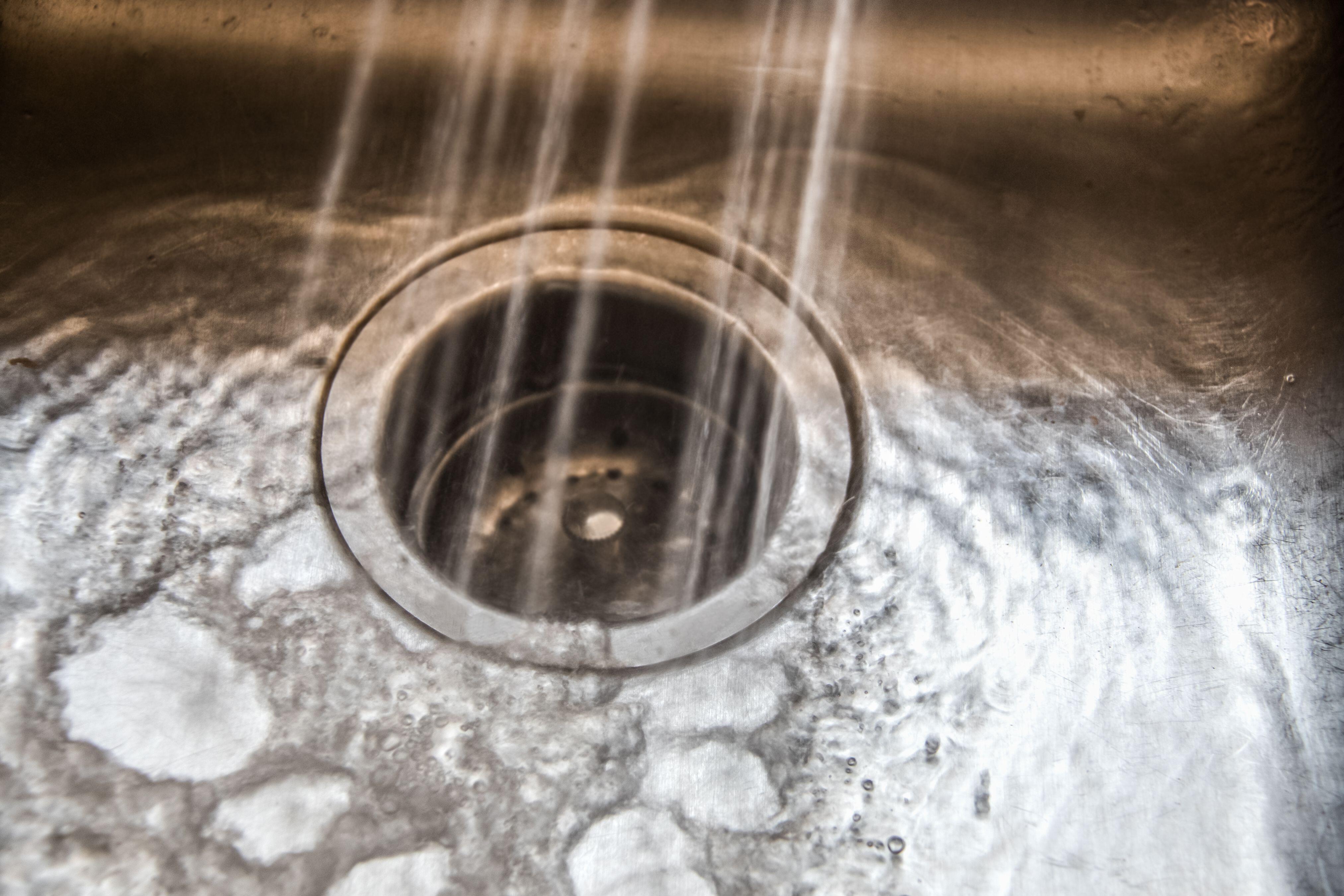
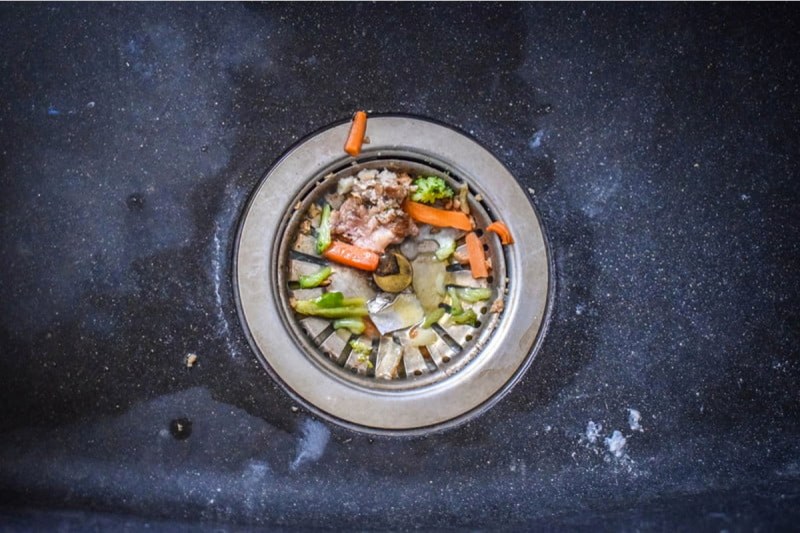














:max_bytes(150000):strip_icc()/freshen-and-unclog-drain-with-baking-soda-1900466-22-bbf940b70afa4d5abef0c54da23b1d3f.jpg)


/kitchen-sink-171366298-57fe93b75f9b5805c26b283a.jpg)








